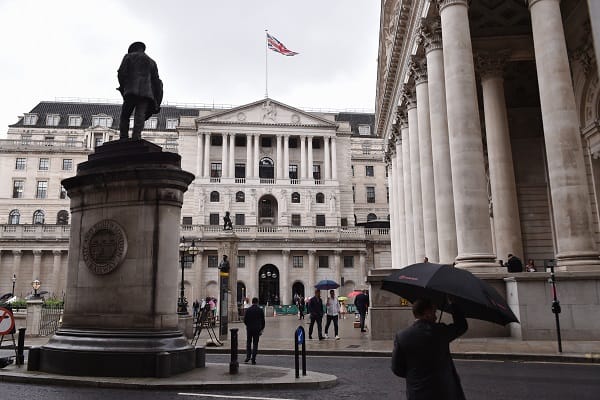Bussiness
The Bank of England’s latest financial stability report ‘is sounding alarm bells once again’ – London Business News | Londonlovesbusiness.com

The institution warns that investors are overly fixated on positive economic news, causing asset prices to surge and increasing the risk of a “sharp correction” in the future.
According to the Bank, risk premia have been “compressed for some time” and have tightened even further recently. While it’s crucial to acknowledge risks, the Bank’s focus on potential market corrections does more harm than good. It’s time to change the narrative.
In its report, the UK central bank highlights the AI-driven rally in US equities that has pushed markets to record levels, reminiscent of the exuberance seen before the Dot Com Bubble.
While these observations are valid, they need to be communicated more carefully. Emphasising risks without equally acknowledging the resilience and strengths of the market fosters unnecessary fear and instability.
A balanced approach that also highlights the positive aspects of the current economic climate would provide a more accurate and constructive perspective.
Constant warnings about a potential market correction can create a self-fulfilling prophecy.
When a central institution like the Bank of England talks down the markets, it shakes investor confidence. This can lead to reduced investments, slower economic activity, and a longer road to recovery. Instead of nurturing cautious optimism, the Bank’s current stance risks freezing the very dynamism that drives economic progress.
Historical lessons
Drawing comparisons between current market conditions and historical events like the Dot Com Bubble can be misleading. While it’s crucial to learn from history, it’s equally important to recognise that today’s financial markets operate in a vastly different context.
Improved regulatory frameworks, advanced risk management practices, and enhanced market oversight are significant factors that differentiate the present from the past. The BoE should contextualise its warnings within this evolved landscape, rather than drawing direct parallels that incite undue concern.
The UK financial markets are robust and innovative, having navigated numerous challenges from Brexit to the pandemic with resilience. This strength should be recognised and celebrated. The Bank of England has a role in creating an environment where confidence can thrive. A narrative that balances caution with optimism can encourage prudent risk-taking and sustained investment, driving economic growth.
Embracing technological advancements
The Bank’s concerns about the AI-driven rally in equities are understandable, but they should not overshadow the potential benefits of technological advancements.
AI and other innovations hold immense promise for enhancing market efficiency and growth. Rather than solely focusing on the risks, the central bank should promote responsible innovation. By doing so, it can help the financial sector harness technology’s potential while mitigating associated risks.
In short, the Bank of England must stop talking down the UK financial markets. While it’s important to be aware of potential risks, an excessive focus on negative scenarios undermines investor confidence and economic stability.








